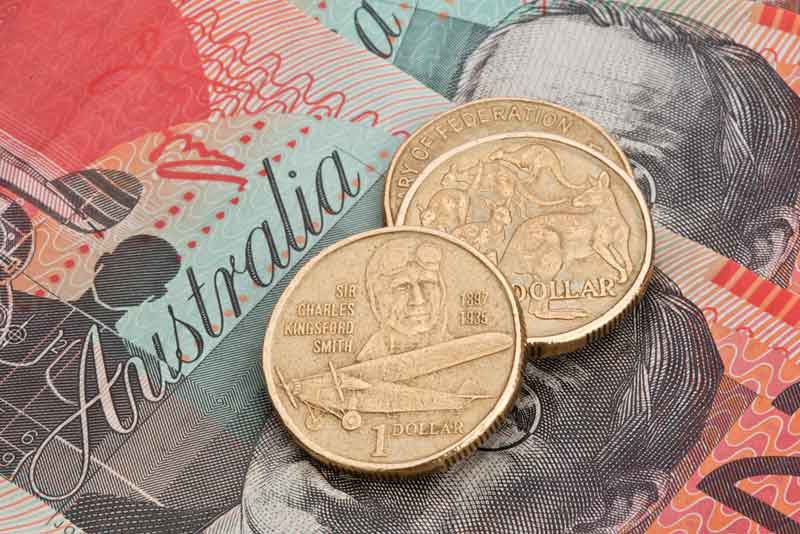We all know that buying a house is one of the biggest financial commitments you’ll ever make, with most of that money paid over a period of 30 years. Saving enough money afford the deposit can be a challenge it itself. What many people don’t realise is that a deposit is just part of the cost involved in buying a home. There are a range of extra expenses that can add up to thousands of dollars.

If you speak to one of our Mortgage Advisers, they’ll be able to calculate exactly what fees and charges apply to your circumstances.
How much do I need for a deposit?
A deposit amount will vary depending on the size of your home loan, with most banks requiring between 5-20% of the total loan amount. The larger your deposit in proportion to the value of the property, the better a mortgage deal you’ll be able to negotiate. Some lenders will also require borrowers with deposits of less than 20% to take out lenders mortgage insurance (LMI) as protection for lending to someone with smaller savings and this can add several thousand dollars to the cost of buying your property, though this can sometimes be added to your monthly payments, rather than made in one lump sum.
Some lenders are now offering interest rate discounts if you have a lower loan to property value ratio.
Extra expenses to consider when buying a property:
Mortgage fees: Lenders may change a range of additional fees such as a valuation fee, booking fee and mortgage arrangement fee. Each bank has different rates and requirements for lending but count on at least a few hundred dollars.
Legal fees: Unless you’re a qualified expert, you will probably need to hire a solicitor or conveyancer to manage the transfer of ownership for the property.
Survey fees: It’s always wise to have a property surveyed before committing to a purchase, just in case of potential damage or zoning problems that aren’t immediately obvious. This can save you a fortune in the long term, though upfront survey fees are likely to set you back a few hundred dollars, depending on how many and the types of surveys you get done.
Stamp duty: This government tax is reserved for high value items like property and is likely to be your second largest short-term cost – if you actually have to pay it. Some homes are exempt from stamp duty; for example in Western Australia, stamp duty only applies to houses purchased above $430,000 and land above $300,000. Regulations around stamp duty vary from state to state, be sure to research your local area. (our Mortgage Advisers can help here)
The amount you need to save for really depends on the type of property you want to buy, as many of the costs are calculated according to the value of the property.

